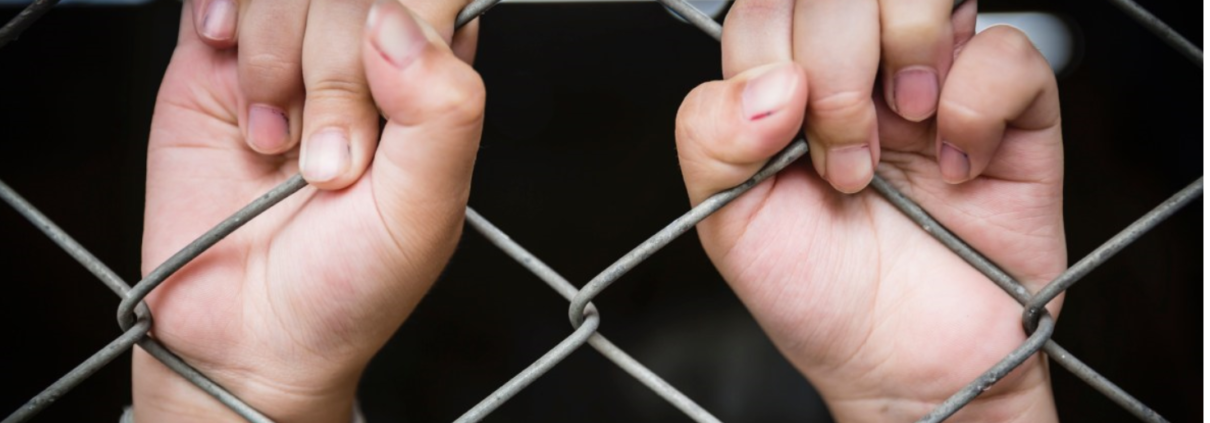Justice Reform Policies Creating Lasting Change in the Lives of Young People
By LaTasha L. Fermin, LMHC, Vice President of Family Justice Programs
The juvenile justice system is a maze for many young people not only in our community but across the country. There are far too many ways in, and too few ways out. Leading them out – or preventing them from entering in the first place – is about giving them a fighting chance to end generational cycles, go to college, have a career, and build a future without a criminal record shadowing them. Advocating for the teenagers and young adults in our community has led to recent changes in New York State law, including bail reform, that bolster the work we’re doing at The New York Foundling: diverting more young people from incarceration into programs like ours that are creating real sustainable change for the rest of their lives.
Teenagers and young adults involved with the justice system – or those are at risk of becoming involved through negative influences – need evidence-based interventions, including therapy programs that are supported by research, to address underlying issues such as trauma, family conflict, substance abuse, and verbal/physical aggression. They need holistic treatment that addresses challenges and barriers that they face daily in their family dynamics, in their community, and with regard to education, racial inequality, and mental health needs. Incarceration doesn’t resolve these root causes that are getting young people into trouble in the first place, nor does it deter them from getting into trouble again.
The Foundling was the first to provide evidenced-based services to youth and families in the juvenile justice system in New York City beginning in 2007. The services we provide are home-based and treat the whole family, not just the teenagers and young adults involved with the justice system. By coming into the home, Foundling therapists trained in trauma can better identify potential triggers and risk factors. At the same time, we can make sure the entire family’s needs are met—this includes the ability to have stable housing, a stocked fridge, and warm clothes during the cold winter months. If a parent or sibling has a substance abuse issue, we are also trained to treat those family members.
Collecting data from our evidence-based interventions is essential to ensuring our practice replicates the most successful outcomes from research. Our team tracks outcomes and measures success on a weekly basis, informing our future work and promoting continued success. The Foundling’s Kids Experiencing Young Successes (KEYS) program, for example, has a successful case completion rate of 88%; we wouldn’t have such a high rate without proper tracking, which allows us to focus on what works.
One positive change we are looking forward to with KEYS relates to helping more members of our community. Currently, all referrals into our program come from New York City’s Family Assessment Planning office, a program within the Division of Youth and Family Justice at the Administration for Child Services (ACS). Next year, we plan to increase the number of referrals we receive from school guidance counselors by 20%. These professionals are often among the first to identify when a young person needs help and will allow us to begin serving families before their situation is significant enough to be referred to ACS.
Many of the teenagers and young adults we’ve worked with are now on productive paths to stability, strength, and independence. If we’re to see continued increasing success, we need to advocate for and support the policies that are giving teenagers and young adults a fighting chance to get the help they need.
Instead of being labeled as the “problem,” it important to provide these teenagers and young adults with a restorative solution that will allow them to turn their lives around and look ahead to a brighter future.

